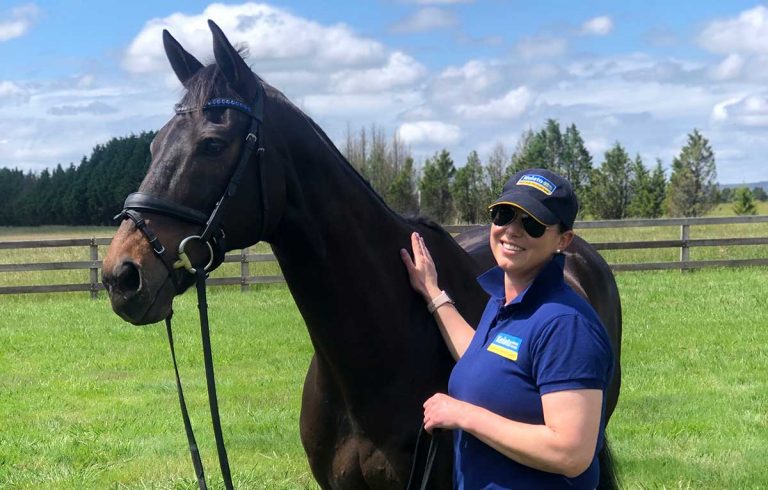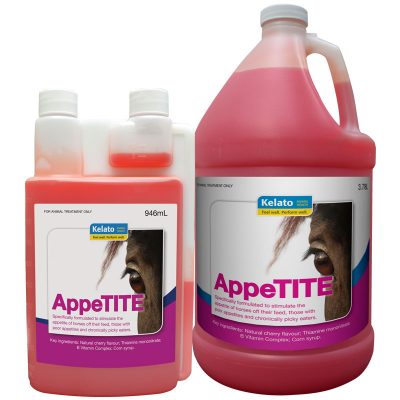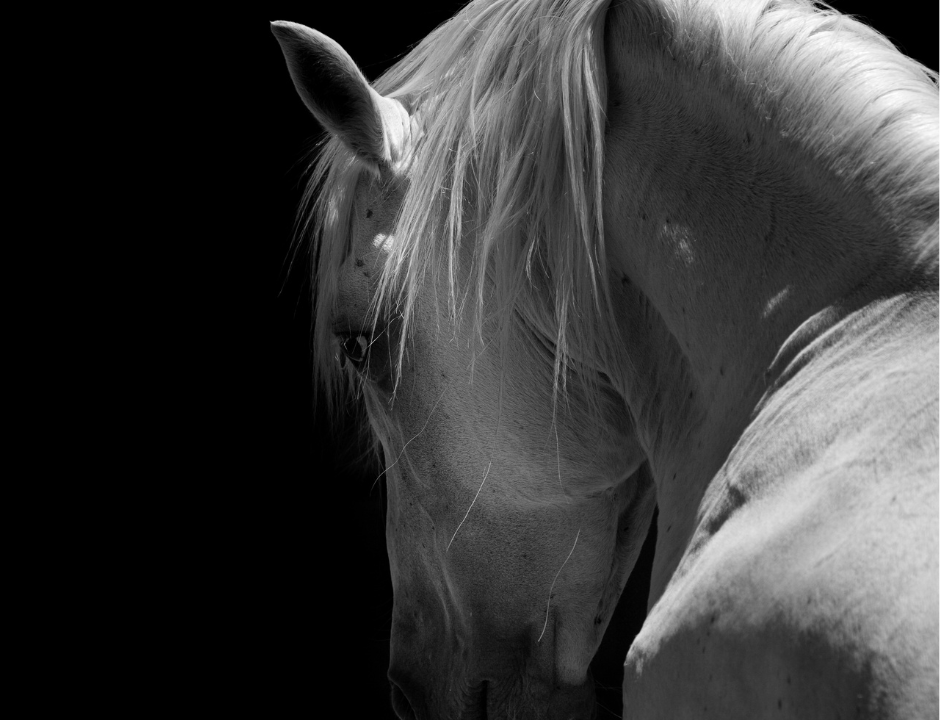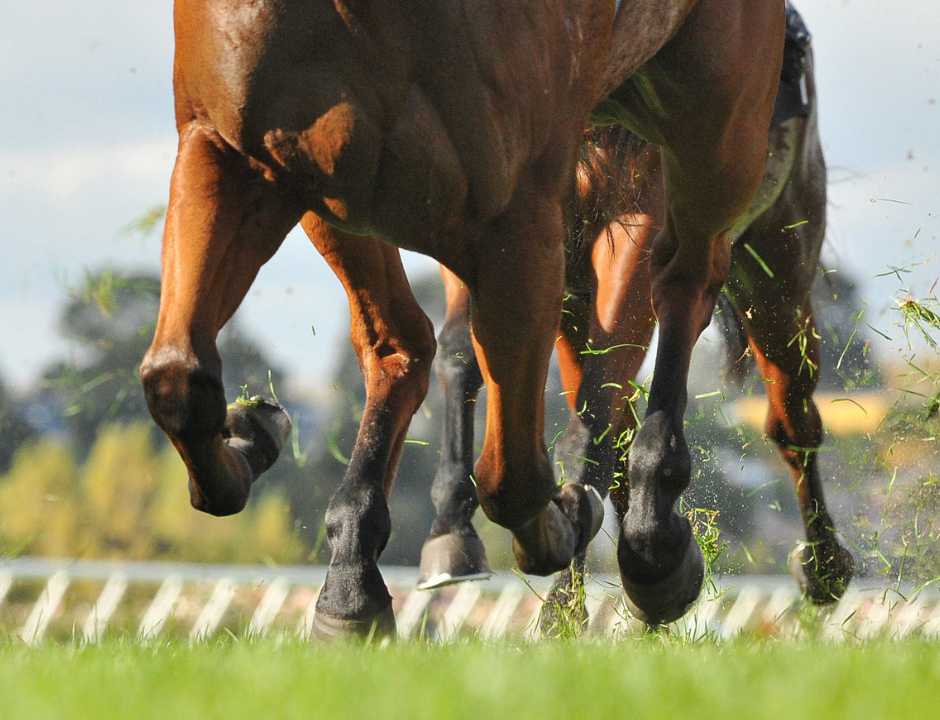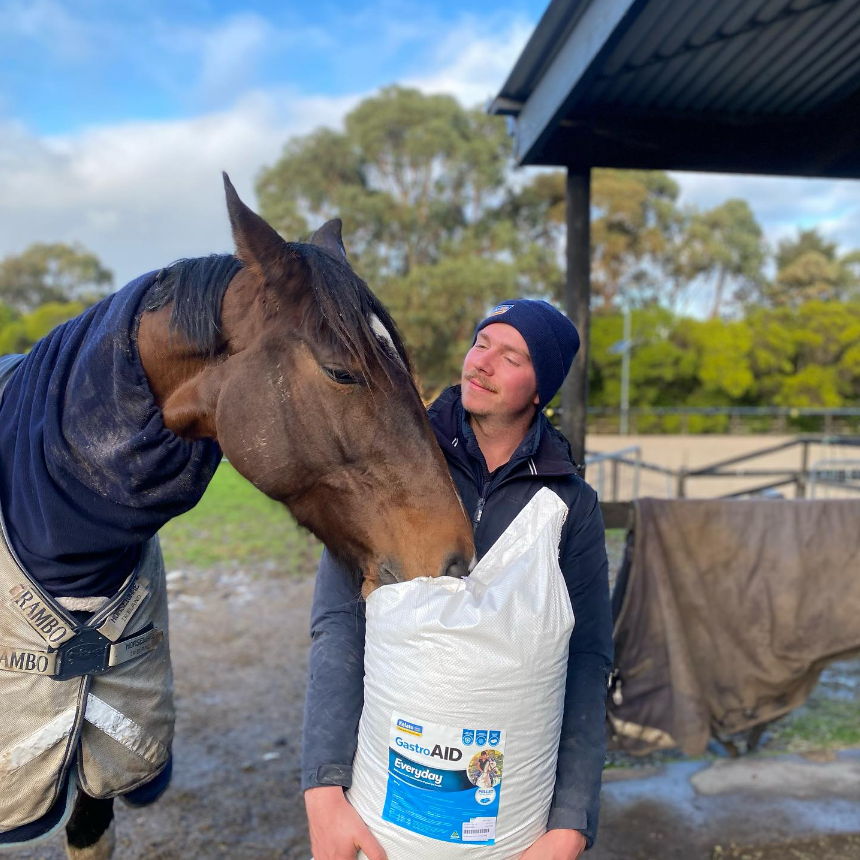Horses are athletes and just like humans, they are required to maintain top condition in order to perform successfully. In striving to achieve high levels of athletic performance, horses are exposed to a variety of stress factors. Quite often horses in hard training develop stress-induced appetite reduction.
As you continue to train your horses they will become fitter and a sudden increase in workload can sometimes cause changes in appetite. When competing on a regular basis, these horses might lose energy, condition, the ability to perform to expectation and to recover quickly from exercise.
While these fussy eaters might drive you crazy, it’s important to establish why they are refusing to eat. There are many factors that can cause poor appetite in horses. It is best to determine the underlying cause, as issues such as poor dental health, stress, pain, illness and digestive conditions can significantly affect the welfare of your horse.
Dental Checks
Annual dental visits are essential. Sharp points can form on the molars, which damage the horse’s tongue and cheeks. Aged horses or those with poor mouth conformation may require more regular maintenance.
The Stress Factor
Stress is a common cause of inappetence. It’s important to allow visual/physical contact when stabling and, if possible, house your horse with compatible companions. Remember that horses are social animals. Travel, competition and intense physical training are other stressors that may decrease appetite.
Digestive Issues
Digestive conditions are extremely common in performance horses, especially racehorses. Equine Gastric Ulcer Syndrome (EGUS) can be very painful due to lesions on the stomach lining. Hindgut imbalances resulting in a decrease in pH can also cause abdominal discomfort. In these situations, often adjustments in feeding and management practices are required to improve gut health.
Quality Feed
All feed should be of good quality, fresh and clean. Old, mouldy forage and feedstuff will be unpalatable to your horse. Some feed ingredients such as amino acids and minerals have a yucky taste. Finicky eaters will also be sensitive to changes in their feed. It is best to gradually introduce a new feed or supplement and you may need to add something tasty to mask the new smell/taste.
Stimulating Appetite
If you have ruled out these factors as a cause for your horse’s inappetence, an appetite stimulant could prove effective in encouraging food consumption.
AppeTITE is a highly palatable, cherry flavoured liquid that stimulates hunger and encourages eating when horses are off their feed. AppeTITE can be used daily to improve eating habits or can be used strategically for horses off their feed.
AppeTITE’s concentrated level of B vitamins stimulates the hunger reflex in the horse making him want to eat and look for food. It is slightly acidic which causes the horse to lick and produce saliva, stimulating him to eat.
AppeTITE is ideal for performance horses and is especially effective for horses on a high grain/low forage diet. Maintaining appetite ensures the horse has the required energy for competition and can maintain body condition during times of stress.
Features and Benefits of AppeTITE:
- Improves horses’ eating habits
- Easy to use liquid form
- Highly palatable cherry flavour
- Can be used daily
- Healthy appetite, healthy horse!
If your horse’s appetite doesn’t improve, please consult your veterinarian.
You should discuss potential reasons for poor appetite with your vet. Many illnesses are accompanied by a refusal to eat.
Want to find out more?
Head over to the AppeTITE page, get in touch on 1800 KELATO or email technical@kelato.com.au.
